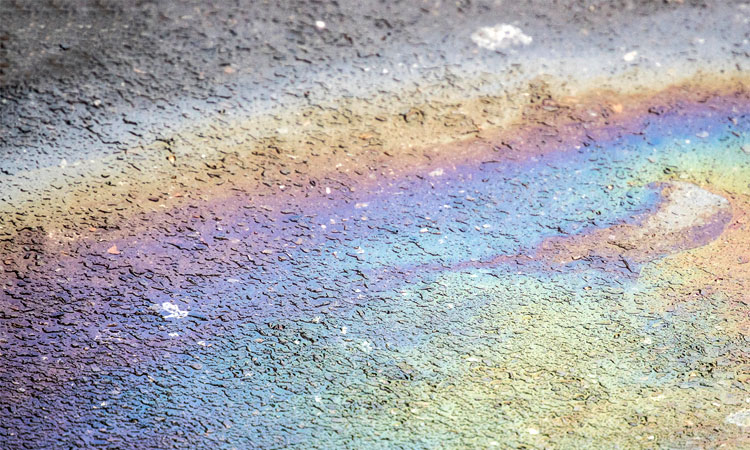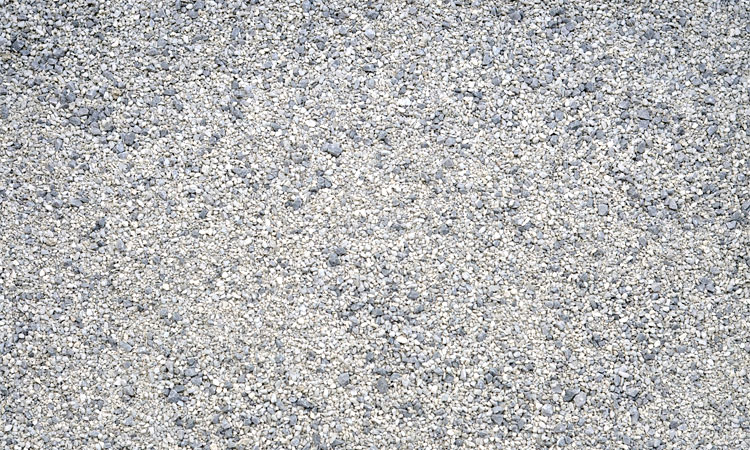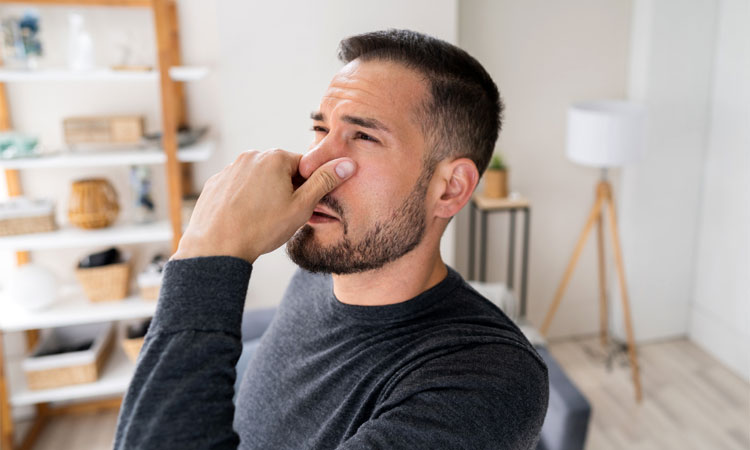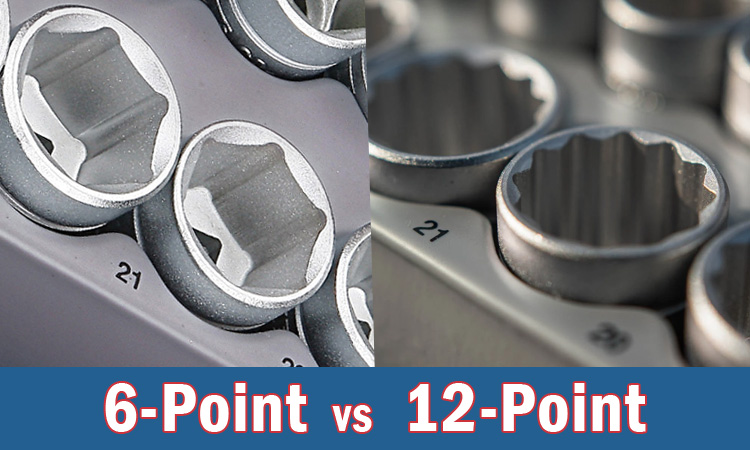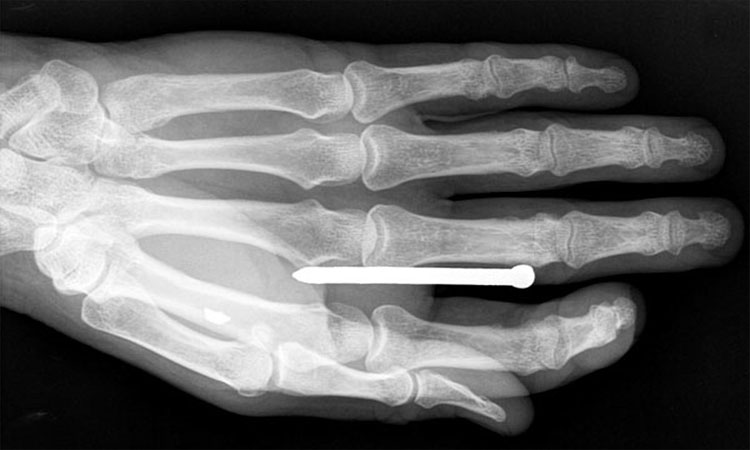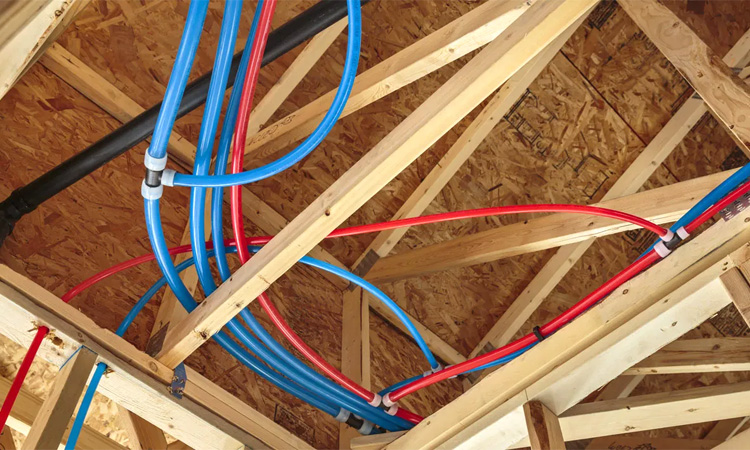How to Get Rid of Gasoline Smell In Your House or Garage
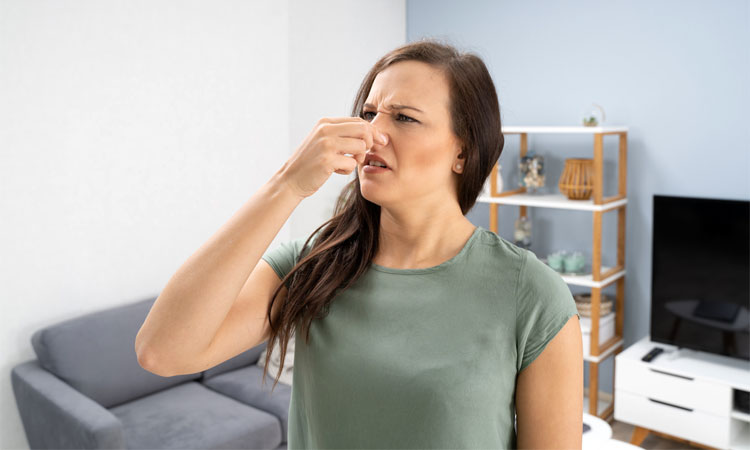
There are a lot of smells that can take over your home or garage, but one smell, in particular, can be a cause for alarm: gasoline.
While this can be a somewhat typical smell for garages, it can be a sign of something going seriously wrong, and having the smell in your home is even worse. So let’s look at what can create a gasoline smell and how to deal with it quickly.
That Gasoline Smell
Chances are, you know what gasoline smells like due to gas stations or your lawnmower. This thick, almost sweet-smelling liquid gets its odor from benzene, a chemical that is used to increase fuel efficiency and was once even used in aftershaves because so many people found it to be pleasant.
Let’s take a moment to examine gasoline fumes and what they entail.
Gas vs. Gasoline
Before going further, it’s important to distinguish between gasoline and natural gas. Natural gas is commonly used in homes for heating, cooking, and even electricity. Unlike gasoline, it exists in a gaseous form, has a fainter smell, and is more environmentally friendly. However, it’s not as efficient.
Meanwhile, gasoline (petrol) is a liquid extraction from crude oil. It has a hefty scent, much like motor oil, and provides more bang for the buck.
While it’s sometimes used to power generators and some lawn and garden tools, it’s not something you want in your home. Thus, a gasoline smell in the house or garage is something you should try to address immediately.
Are Gasoline Fumes Dangerous?
While it’s common knowledge that car exhaust is dangerous, not many people know that petrol fumes can also be dangerous. The fumes contain methane and benzene, as well as other toxic hydrocarbons. Additionally, it contains carbon monoxide, just like car exhaust.
While brief exposure won’t cause serious harm, direct inhalation or prolonged exposure can lead to permanent lung damage. It’s not currently known what the effects of long-term, sporadic exposure (such as when working at a gas station) are.
What Can Cause a Gasoline Smell Inside Your Home?
The single most common cause of petrol smells is spilled gasoline on clothing. When filling your car’s tank, it’s easy to accidentally spill a little on your hands or clothes.
Because even a tiny amount can bear a strong smell, those few drops can quickly permeate your car’s upholstery. It can even follow you into the house, lasting until you wash your hands or clothing and possibly contaminate objects you come in contact with.
Another obvious cause is spilled gasoline from a container or leak in your vehicle’s gas cap (or tank). This is a more serious cause as the spill can lead to its own safety hazards. The smell can fill your garage in mere moments, and the stench of an outside spill can be drawn in through your AC unit or an open window.
The third potential source of the smell isn’t gasoline at all, but its close relative propane. The two smells are similar yet distinct once you know the difference. Propane gas has its own risks and is more closely related to other forms of natural gas, but the similarity and common usage of propane and kerosene (a liquid fuel) warrant mention.
Will the Gasoline Smell Go Away On Its Own?
Unfortunately, while it’s possible for a few drops of gasoline to eventually lose their odor if you air out a contaminated item, it probably won’t be an effective solution.
Not only can the odor persist in many cases, but gasoline will soak into porous surfaces, where it can continue to release toxic fumes over a long period of time.
What If You Like the Smell of Gasoline?
Different smells affect different people in unique ways, and sometimes what smells terrible to most people can be tolerable or even pleasant to a few. Such is the case with gasoline.
Unfortunately, as mentioned earlier, gasoline fumes can be dangerous and even lead to serious health problems. Considering some of the perfumes out there (such as an old book cologne). However, it’s only a matter of time before someone comes up with a gasoline cologne you can enjoy safely.
How to Get Rid of Gasoline Odor From Your Garage
Most garage-based causes of a gasoline smell are due to spills or leaks. However, these causes aren’t always apparent, so you’ll need to go through a process of elimination.
Diagnosing the Source
Vehicle
If your car is stored in the garage, check underneath for puddles and make sure the gasket or o-ring on the gas cap is in good shape.
Next, try parking the car outside and leaving your garage door open to air it out. Then close the door for a few hours to see if the smell returns with the car outside. If the smell returns when you bring your vehicle back in, it’s time to call a mechanic.
Gas-Powered Tools
It’s not uncommon to spill a drop or two when fueling a gas-powered lawnmower, pressure washer, or chainsaw. Go over each tool, wiping them down and checking for signs of leakage as you go.
If a tool seems suspicious, take it outside and see if the smell follows it. Likewise, check any fuel containers to ensure they’re properly sealed, and there are no drips down the sides or leaks present.
Stained Concrete
This is the big one. A cement floor that is improperly sealed or left unsealed is very porous and can quickly soak up gasoline. In addition, garage floor tiles and containment mats can hide fuel leaks from the eyes but not the nose.
When you see that telltale multicolored stain on your garage floor or have eliminated other potential sources of the smell, the floor might be the problem. Properly clean any tiles or mats and address the floor separately to deal with the spill.
Related: How to Clean Up Oil Spills in Your Garage
Effective Methods for the Garage
Once you’ve diagnosed the source, you can begin working on eliminating the odor and its source.
Kitty Litter
Clay cat litter isn’t very eco-friendly and something of an air pollutant on its own, but there’s a reason so many people keep a container of it in their vehicle or garage. The clay is really good for soaking up spills (and providing traction).
Start by pouring a thick layer of litter over the spill area, then allow it to sit for a few hours. This gives the litter a chance to soak up any gasoline and can then be swept into a dustpan for safe disposal. It will even help neutralize the odor.
Keep in mind that gas-soaked clay litter can still be a safety hazard, so be sure to follow any local regulations regarding chemical waste disposal.
In addition, bigger spills may require a couple of layers to get all of it, and an unsealed garage floor may have soaked up some of the gasoline, preventing the litter from being completely effective.
Odor Neutralizers
When dealing with a small spill on a sealed garage floor, you can use vinegar and baking soda to neutralize the odor. Simply make a thick paste with baking soda and water, then scrub the stain using a stiff brush (but NOT a wire brush).
You can then soak any contaminated items in vinegar for about an hour before allowing them a day to dry outside. Finally, you can give the floor a cleanse with some dish soap and a mop.
Unsealed Garage Floors
Unfortunately, there’s no easy way to get gasoline out of an unsealed (or poorly-sealed) garage floor. Like trying to remove dog or cat urine from concrete, it’s no simple task. You may need to call in a professional to treat the concrete.
Once the stain is removed, it’s best to apply a concrete sealer to ensure the problem doesn’t recur.
How to Get Rid of Gasoline Odor From Your Home
Chances are, you don’t have a gasoline spill in your home, so the key is to treat contaminated items. In the event, you do have a spill, treat it using the same methods as a garage spill.
Wash Contaminated Fabrics
Nine times out of ten, the source of gasoline fumes is coming from your clothing or some other fabric that caught a couple of drops of gasoline while you were fueling up your car or a power tool. However, there are a few important rules when handling contaminated clothing.
- Remove the clothing as soon as possible, so you don’t contaminate any furniture.
- Allow the clothes to air-dry outside on a clothesline to reduce any risk of a gasoline fire in the washer.
- Spray the clothing with vinegar to help reduce the gasoline smell before washing.
- Finish up by washing your clothes as normal (including any contaminated shoes).
Grab a Shower
Gasoline fumes can contaminate your hair and skin. After exposure to gasoline, take a good shower, shampooing your hair thoroughly.
Use an exfoliating scrub if you have it, as stronger soaps will work better than gentle ones at getting the gas out of your skin.
Cleaning Contaminated Furniture
In the event someone covered in gasoline sat on your couch before changing clothes or showering, don’t worry. The classic natural cleaning team of vinegar and baking soda can safely eliminate gasoline odors and any residue from your furniture.
You can add a bit of water and use it as a vinegar spray or apply the vinegar directly to a rag. Scrub the contaminated area and rinse it clean. The vinegar smell will go away on its own after a little while.
What NOT to DO Against Gasoline Smells
Finally, a word of caution: Just because you can’t smell gasoline fumes doesn’t mean they went away. Avoid using air fresheners or similar methods which merely hide the smell.
And don’t simply ignore the odor, hoping it will go away, as the extended exposure can cause dizziness, nausea, and other symptoms for you and your family.


